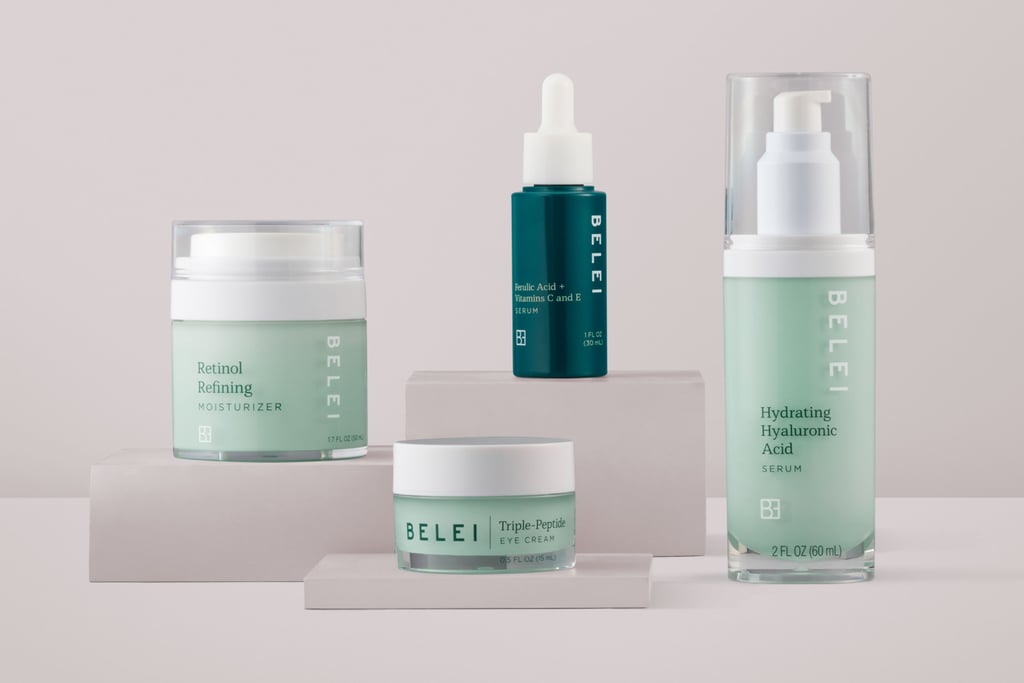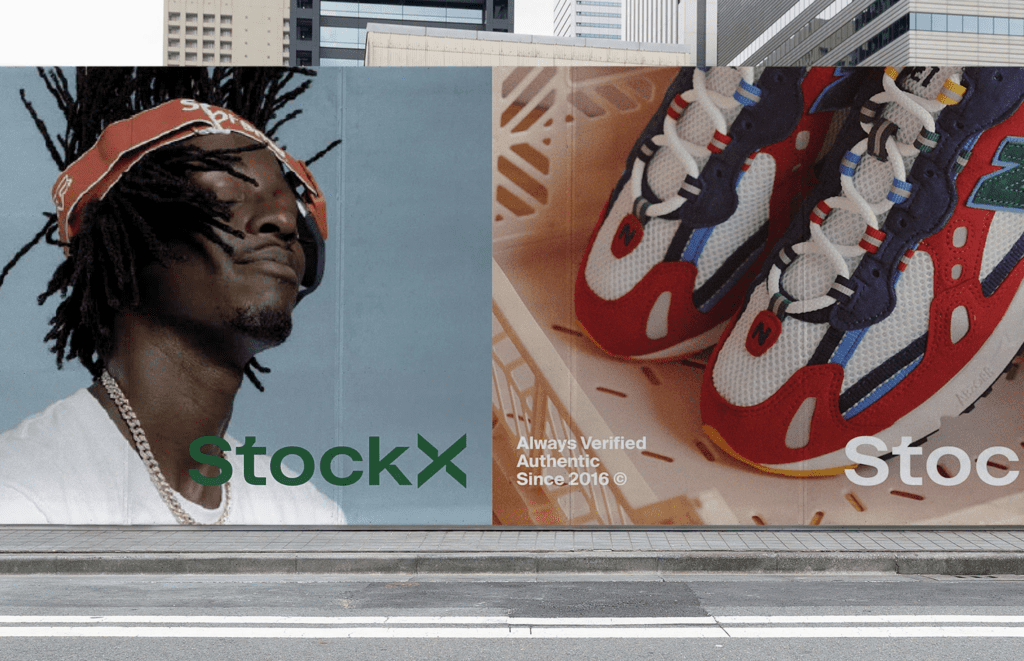Amazon is bolstering its private label business with what might end of being one of its most lucrative ventures yet: skincare. In 2017, Americans, spent more than $12 billion on beauty products online, alone, according to Nielsen, and Amazon, of course, wants in. Its point of entry? Belei, its brand new 12-product range collection, which consists of cleansing wipes, moisturizers, masks, and serums, all with price tags of less than $40.
The products themselves – whether it be Micellar Cleansing Facial Wipes, the Charcoal Balancing Mask, the Dark Spot Solution Serum, or the Triple-Peptide Eye Cream – are all packed with the ingredients that beauty experts have been pushing, from vitamin C and retinol to hyuralonic acid. They are all free of the ones being cautioned against (i.e., parabens, phthalates, and sulfates), and they are all priced quite a bit lower than many of their more longstanding peers, save for maybe The Ordinary, which has garnered a cult following due to its affordable approach to advanced skincare.
With such a seemingly promising first foray into skincare, paired with Amazon’s widely-discussed algorithm-driven practice of prioritizing its own products over those of others in response to consumer searches for products on its e-commerce site (something that legal minds have wondered about in regards to potential claims of monopolization), should already-established skincare brands be worried?
As Bloomberg asserted earlier this week, “The explosion of Amazon.com Inc.’s private-label products – batteries, baby wipes, jeans, tortilla chips, sofas – has prompted concern that the world’s biggest online retailer could use its clout to promote these house brands at the expense of merchants selling similar products on the web store.” The publication – citing a recent study by the New York e-commerce research firm Marketplace Pulse – suggested that maybe the threat that is the big, bad Amazon algorithm is a bit overstated.
According to Marketplace Pulse’s sweeping study, which analyzed 23,142 products launched by Amazon under more than 406 different private label brands, “Amazon-owned private label brands are not nearly as successful as many paint them to be.”
“The popular narrative has been that by utilizing internal data, Amazon can launch its brands in many categories and capture most of the category’s sales,” Marketplace Pulse’s report states. But, for the most part, “there is no evidence of this working.” In reality, while the Seattle-based e-commerce giant “has been successful in creating generic items at low prices,” that success is almost exclusively evident when the $1 trillion company is “using the Amazon brand name,” such as AmazonBasics and Amazon Essentials. Otherwise, Marketplace Pulse states, “the hundreds of brands and tens of thousands of products launched are not resonating with customers.”
To be exact, Marketplace Pulse revealed that of Amazon’s most successful private labels, ones that bear the word “Amazon” in the name, such as AmazonBasics, Amazon Collection, and Amazon Essentials, accounted for almost 72 percent of the total volume of sales by all Amazon private label brands.
While Pinzon, a private label offering bedding and towels, Lark & Ro and Ritual, women’s clothing labels, and Goodthreads, an Amazon-owned menswear brand, are among the “top 10 most successful private label brand” owned by Amazon, according to Marketplace Pulse, these brands account for just a tiny fraction of sales. Pinzon, for instance, boasts the largest share of sales, and it is just 2.1 percent.
In short: without the word “Amazon attached” to a brand name, consumers are not necessarily more inclined to add a product to their e-carts, even if Amazon is boosting the visibility of these products in the search results.
It is, of course, too soon to tell whether the same will play out in terms of Amazon’s new Belei line.














